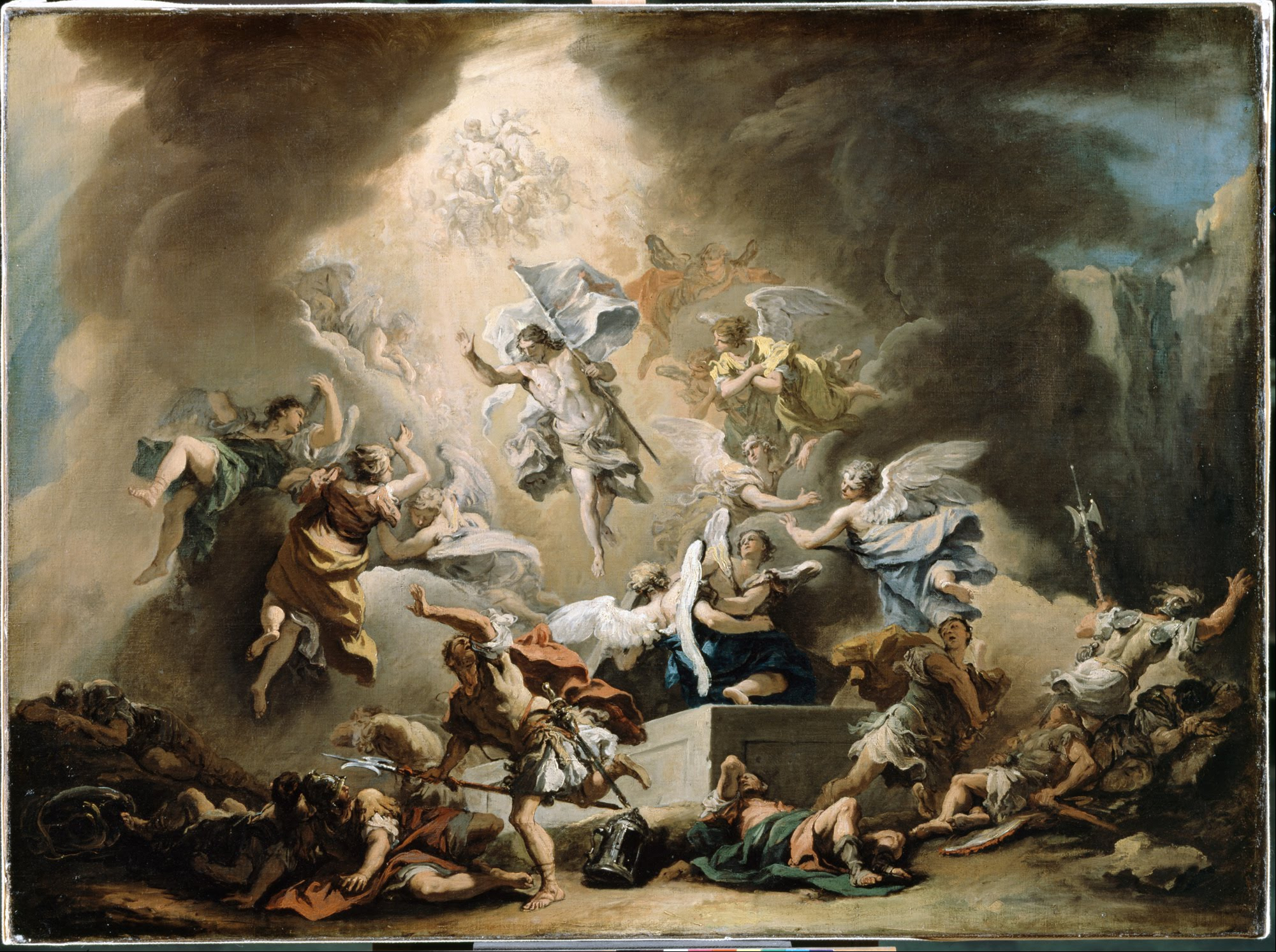In previous posts, I explained the meaning of the resurrection and gave a few ideas how the resurrection influences the work of missions. I want to briefly add a few additional thoughts.
Evangelism
This application naturally works out of what was previously said. I’ll sharpen the point here. We do not merely preach Jesus’ death (as the climax of the gospel) with the resurrection as the confirming evidence. We preach the resurrection as the gospel’s climax. After all, a “gospel,” in the ancient and biblical context, was a royal announcement of a king’s victory or ascension.
Therefore, we do not simply preach that Jesus was wounded and killed in the war; rather, we proclaim that he actually wins the victory, thus, he is king of kings (cf. 1 Cor 15:20–28, 54–57). This shift in emphasis does not deny the truth told in traditional presentations, however, it is a distinctive and important corrective.
Faith
What is faith? From the context of Rom 4–5, Rom 4:25 (which we discussed in the first post) acts as a pivot. The essence of Abraham’s faith was that he was “fully convinced that God was able to do what he had promised” (i.e. make him the father of all nations via “raising the dead”; Rom 4:17–21).
In the same way, because of what God has already done (i.e. resurrecting Jesus), so also we believe God is able to keep his promise to raise us from the dead (cf. Rom 5:1–11 and Paul’s point in Rom 8:11, 18–24). “If the Spirit of him who raised Jesus from the dead dwells in you, he who raised Christ Jesus from the dead will also give life to your mortal bodies through his Spirit who dwells in you,” (Rom 8:11)
Therefore, if we merely preach Jesus’ death such that it overshadows his resurrection, then we do not proclaim the gospel as the disciples did (if we are preaching it at all). Further, people have not heard the reason to believe God will accomplish his promises. In short, faith focuses on God’s promises and amounts to an act of allegiance to the divine king of the world.
Political and Social Actions
From what has been said, mission strategy will be more holistic when the resurrection is more fully understood and emphasized. We cannot separate reconciliation with God and reconciliation with one another.
To paraphrase John Piper as Lausanne 2010, we must hate all evil and suffering, especially eternal suffering. Naturally, this will result in persecution and hardship as we try to improve systems and circumstances that bring about suffering. People will accuse us of betraying family and nation.
The resurrection is no mere apologetic addendum at the end of an evangelistic conversation. The resurrection is the victory of God that we announce in the gospel. If we do not make much of the resurrection, we do not preach the gospel.
Photo Credit: commons.wikimedia
















